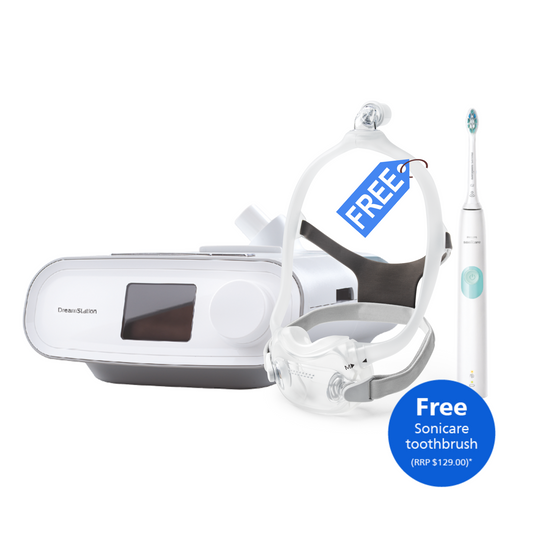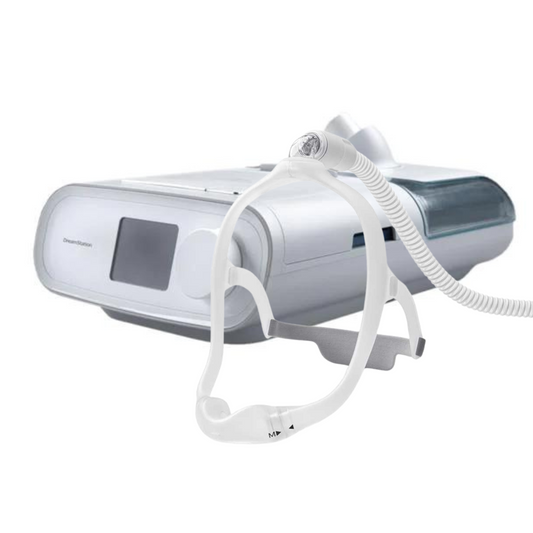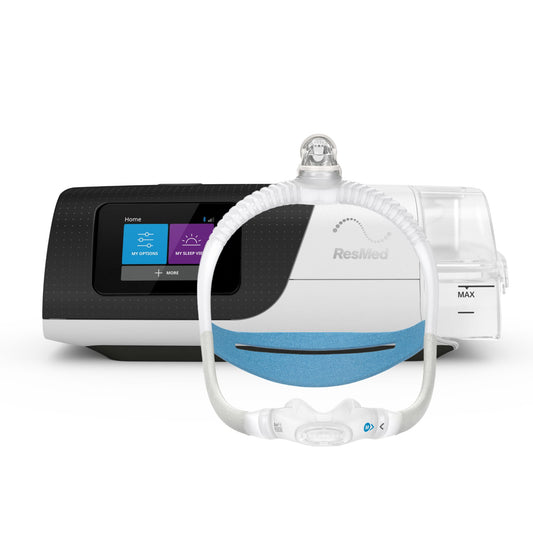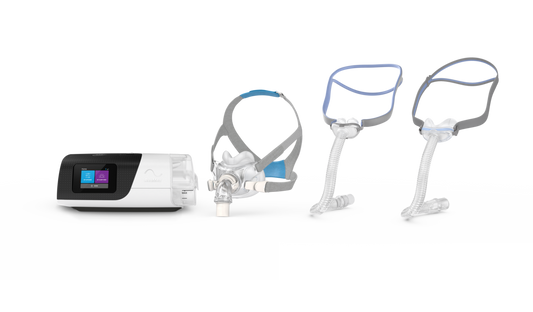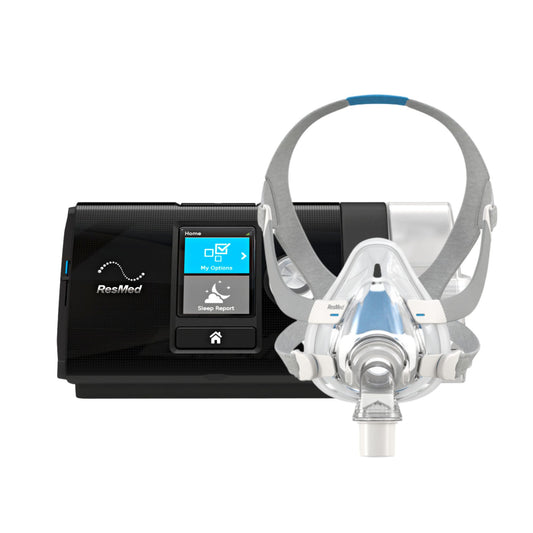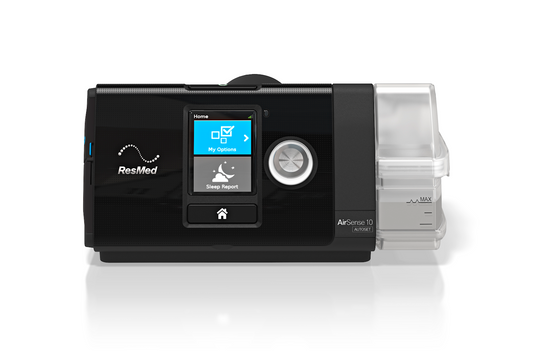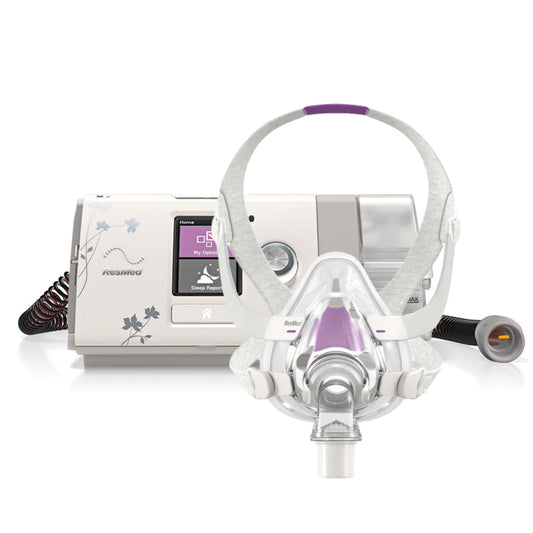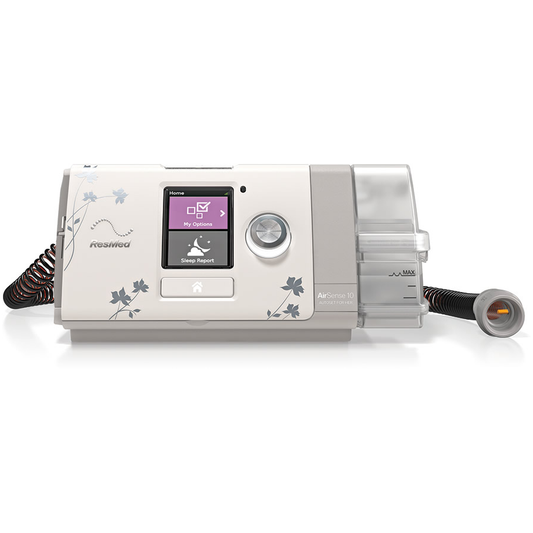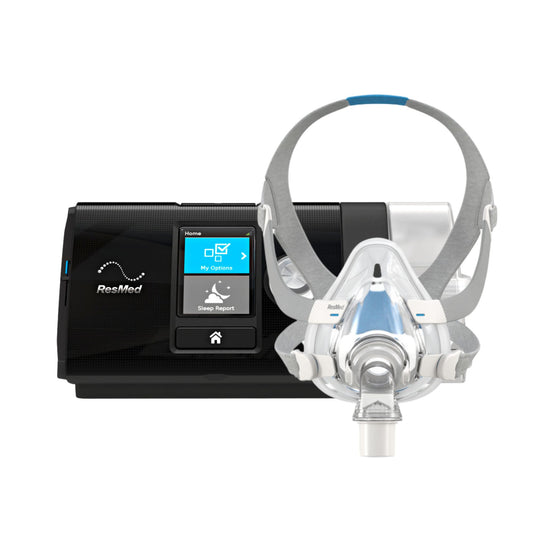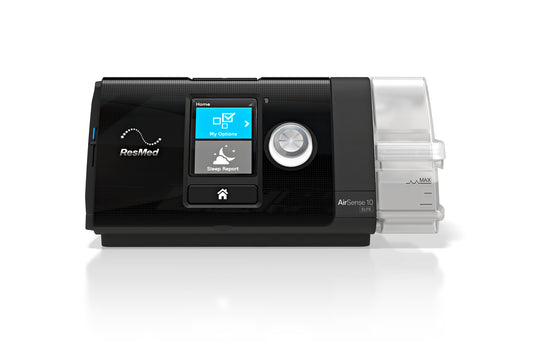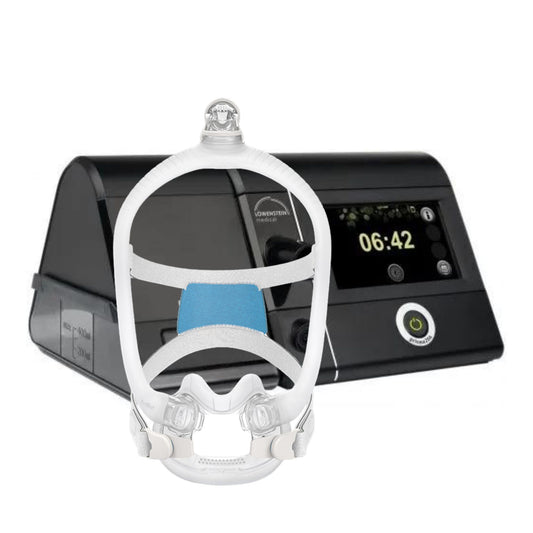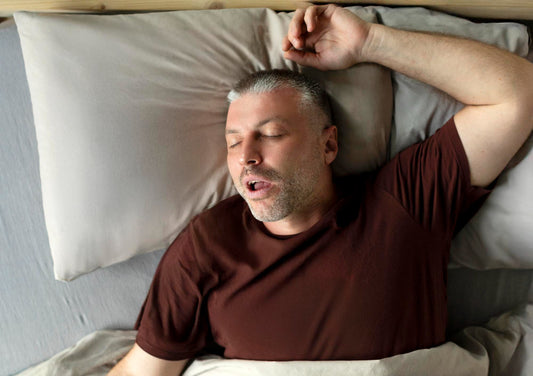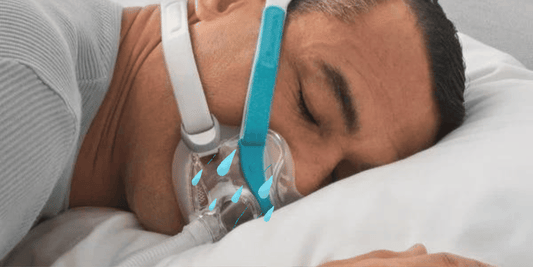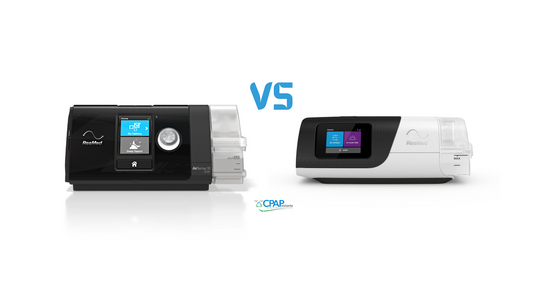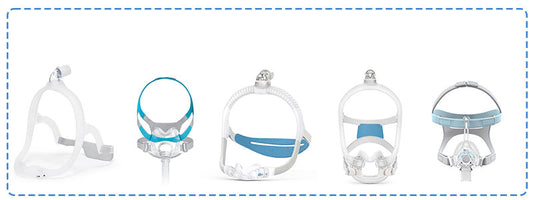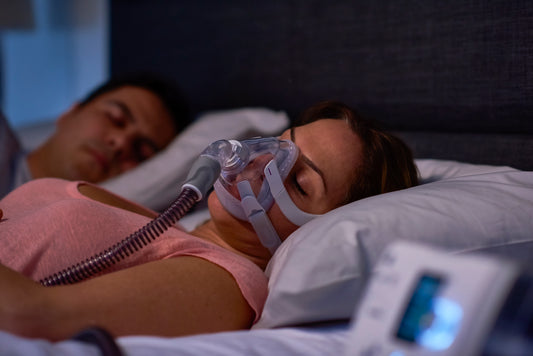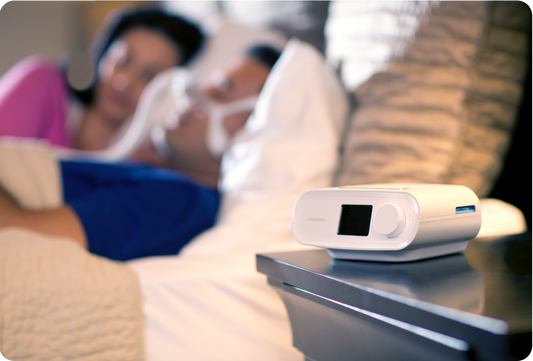Studies indicate that anyone can develop obstructive sleep apnoea. Though more men develop sleep apnoea, women and children are also at risk of developing sleep apnoea. Are there factors in increasing one’s risk in developing obstructive sleep apnoea?
Sleep Medications
Taking sleep medications may worsen the condition by inhibiting the airway. A study done by the US Centers for Disease Control and Prevention indicated that close to nine million people in the United States alone take prescription sleeping pills in the past month, thereby increasing the potential dangers of sleep apnoea. Why?
Episodes of sleep apnoea end when the sleeping person is awakened due to lack of oxygen, loud snoring, or any other respiratory distress signal. If a person with OSA takes sleeping pills, it will be harder for him to be jarred awake out of a deep sleep cycle, making the OSA episode continue for a longer period.
Excessive Weight
 One of the most common causes of sleep apnoea is excessive weight gain as attested by a study done by the National Center for Biotechnology Information. This study qualified that more than 50% of OSA patients are overweight and that their excess weight tends to accumulate around the neck. On the other hand, OSA itself has shown to cause weight gain too. This is due to a compromised sleep cycle that wrecks the normal rhythm of the hormones that regulate hunger.
One of the most common causes of sleep apnoea is excessive weight gain as attested by a study done by the National Center for Biotechnology Information. This study qualified that more than 50% of OSA patients are overweight and that their excess weight tends to accumulate around the neck. On the other hand, OSA itself has shown to cause weight gain too. This is due to a compromised sleep cycle that wrecks the normal rhythm of the hormones that regulate hunger.
Genetics
Some people may be predisposed to sleep apnoea due to physical traits they inherited. Some of the physical attributes than can influence one’s chances of developing sleep apnoea includes shape of skull, head, oral cavities, neck circumference, and naturally narrowed throat.
Studies indicate that those with a family history of OSA are more likely to develop sleep apnoea. Birth defects such as Down syndrome and Pierre Robin sequence are also linked to sleep apnoea.
Men are twice likely to develop sleep apnoea. Women are also at risk if they are overweight. Both male and female increase their risk of developing sleep apnoea as they grow older.
Alcohol
Although drinking alcohol may help one get to sleep, the substance can worsen obstructive sleep apnoea. Why? For one, alcoholic beverages loosen the back muscles of the throat which obstructs the airway and worsen sleep apnoea symptoms. Two, too much alcohol consumption can lead to weight gain, which is another risk factor of sleep apnoea. Three, alcohol reduces rapid eye movement or REM during sleep, thus waking up a person several times during sleep.
Smoking
Studies show that smokers are three times more likely to develop sleep apnoea than non-smokers. This is due to the increased amount of fluid retention and inflammation in the upper airway caused by smoking. Quitting smoking will diminish the risk.
Sleep Position
 Supine sleepers are more at risk of developing sleep apnoea, but the condition could develop for prone and side sleepers as well. Supine or back sleepers have the weight of their neck and surrounding tissues and muscles forcing the airway. This causes obstruction and restrictions on the airway during sleep, which may lead to sleep apnoea. It will be more beneficial for most people to sleep on their side.
Supine sleepers are more at risk of developing sleep apnoea, but the condition could develop for prone and side sleepers as well. Supine or back sleepers have the weight of their neck and surrounding tissues and muscles forcing the airway. This causes obstruction and restrictions on the airway during sleep, which may lead to sleep apnoea. It will be more beneficial for most people to sleep on their side.
Call us for consultation regarding obstructive sleep apnoea.
